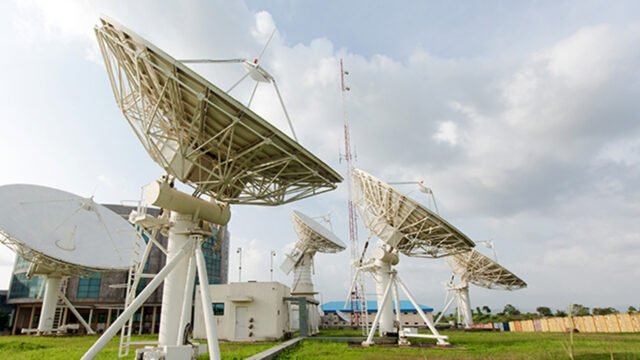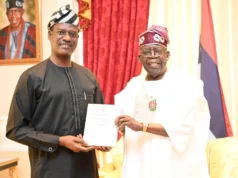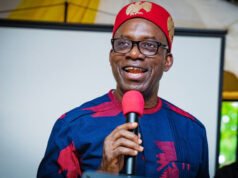The Nigerian Communications Satellite Limited (NIGCOMSAT) has unveiled a bold new vision to position itself as a critical player in Nigeria’s digital transformation journey. The state-owned satellite communications provider is setting its sights on N8 billion in additional revenue over the next three years, a target it believes is achievable through strategic partnerships with private companies and government institutions.
This fresh direction was revealed at a stakeholder roundtable in Lagos, where NIGCOMSAT’s Managing Director, Jane Egerton-Idehen, engaged technology leaders, policymakers, and industry operators in frank discussions about the challenges and opportunities in Nigeria’s broadband ecosystem. The central message was clear: NIGCOMSAT has capacity, but partnerships are the key to unlocking it.
Egerton-Idehen explained that while satellite broadband remains the company’s most profitable service line, a staggering 93 per cent of its capacity lies dormant. With just seven per cent utilisation, billions of naira in potential revenue remain on the table. “Broadband is the oxygen of modern economies. It powers education, healthcare, governance, financial inclusion, and security. We already have the infrastructure in place, but NIGCOMSAT cannot do it alone—we need strong partners to bridge the gap,” she stressed.
Table of Contents
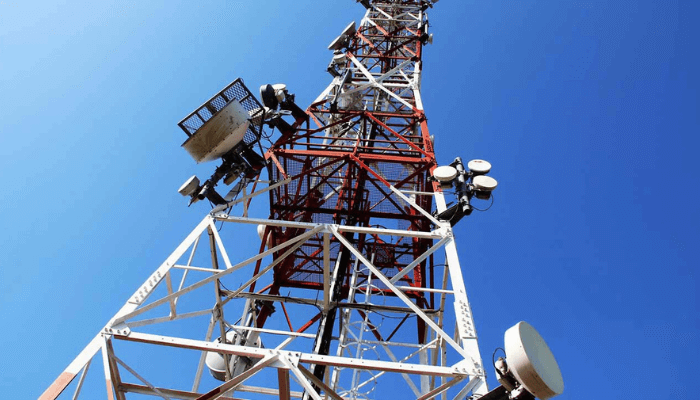
Idle Capacity as an Untapped Opportunity
Nigeria’s broadband landscape has long been defined by underutilised capacity and uneven reach. While urban centres like Lagos and Abuja enjoy growing fibre coverage, large swathes of rural Nigeria remain cut off from fast and reliable internet. For NIGCOMSAT, this digital divide represents both a challenge and an opportunity.
Egerton-Idehen cited Project 774 as proof of what is possible when satellite solutions are deployed effectively. Within just two months, the initiative successfully connected 45 local government secretariats across eight states, delivering services that fibre operators could not reach in the same timeframe. The success demonstrated satellite’s unique strength—rapid deployment across diverse terrains, including remote communities, riverine areas, and security-sensitive zones.
Beyond Project 774, NIGCOMSAT has also extended connectivity to Nigerian naval ships and remote security outposts. These examples, Egerton-Idehen argued, prove that satellite broadband is not just a back-up option but an essential tool for Nigeria’s national development. “Our satellites are national assets. Whether it’s linking classrooms in rural Adamawa, supporting e-government initiatives in Enugu, or ensuring communication for vessels on the Atlantic, we can deliver value everywhere. The missing piece is collaboration with stakeholders who can take these services to market at scale,” she added.
The figures highlight the urgency of this call. According to the Nigerian Communications Commission (NCC), broadband penetration currently stands at about 43 per cent, leaving more than 100 million Nigerians without access to affordable internet. NIGCOMSAT believes its idle capacity could be a game-changer in bridging this gap if industry players step forward as partners.

Global Comparisons and the Push for Commercial Relevance
While NIGCOMSAT is confident about its potential, Egerton-Idehen admitted that the agency’s revenue ambition is modest when compared to peers on the continent. Egypt’s satellite operator, NALSAT, generates around USD 150 million annually. By contrast, NIGCOMSAT’s N8 billion (roughly USD 3–4 million) target is small, but realistic, given its current position and capacity.
Industry stakeholders at the roundtable, however, raised concerns about perception. Many Nigerians, they argued, still view NIGCOMSAT as a bureaucratic government agency rather than a commercial player. This perception, they noted, has allowed foreign entrants such as Starlink to gain market share in Nigeria despite the existence of a capable local alternative.
Egerton-Idehen acknowledged this challenge but insisted that NIGCOMSAT is committed to changing its reputation. “We are not here to compete head-to-head with private operators. Instead, our role is to provide the backbone infrastructure while collaborating with partners who can reach end-users more effectively. Think of us as the silent enabler working behind the scenes,” she explained.
Stakeholders also called for policy reforms that would prioritise NIGCOMSAT’s services in government projects, from rural school connectivity to national e-governance. Such a shift, they argued, would strengthen the agency’s revenue base and ensure Nigeria benefits from its own satellite investments rather than outsourcing to foreign providers.
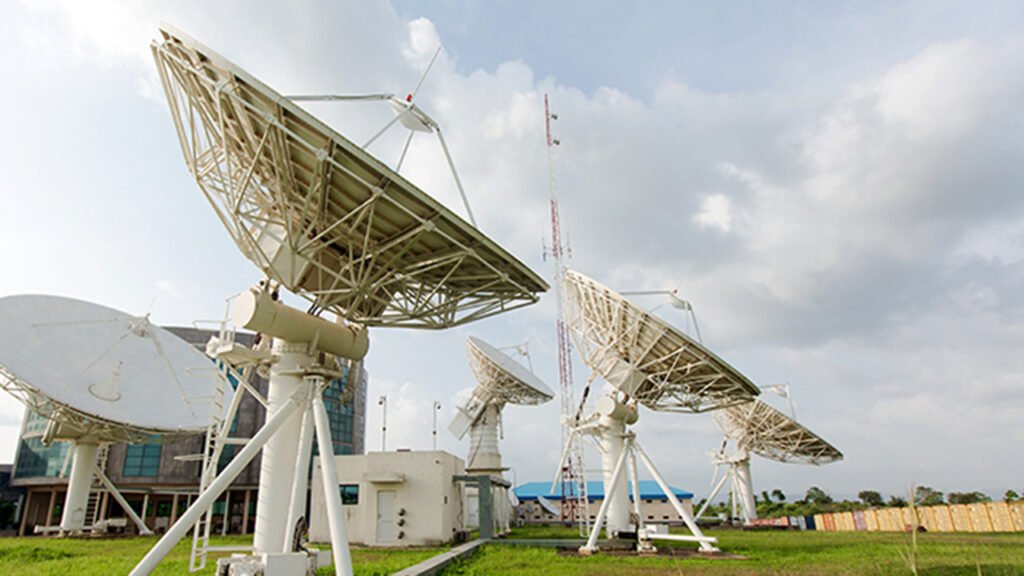
Building the Future Through Partnerships
Central to NIGCOMSAT’s growth strategy is its call for broadband expansion partners. Egerton-Idehen outlined a flexible and inclusive business model designed to reduce barriers for potential collaborators. This model includes technical support, co-branded marketing initiatives, and a willingness to explore innovative revenue-sharing arrangements.
For internet service providers, system integrators, and fintech operators, NIGCOMSAT’s offer presents a unique opportunity: access to reliable satellite capacity at a scale that can reach underserved markets. For government ministries and agencies, the pitch is even more direct—working with NIGCOMSAT not only delivers value for money but also strengthens Nigeria’s digital sovereignty.
Egerton-Idehen closed her address with a strong call to action: “This is not about NIGCOMSAT growing alone; it is about building Nigeria’s digital future together. We have the infrastructure. We have the expertise. What we need now are partners who share our vision of connecting every Nigerian, no matter where they live.”
With over 93 per cent capacity waiting to be utilised, NIGCOMSAT’s message is clear: the time has come to unlock Nigeria’s broadband potential. Whether the agency can translate its vision into real market partnerships remains to be seen, but what is certain is that the future of Nigeria’s digital economy may well hinge on how quickly stakeholders answer that call.
Join Our Social Media Channels:
WhatsApp: NaijaEyes
Facebook: NaijaEyes
Twitter: NaijaEyes
Instagram: NaijaEyes
TikTok: NaijaEyes


